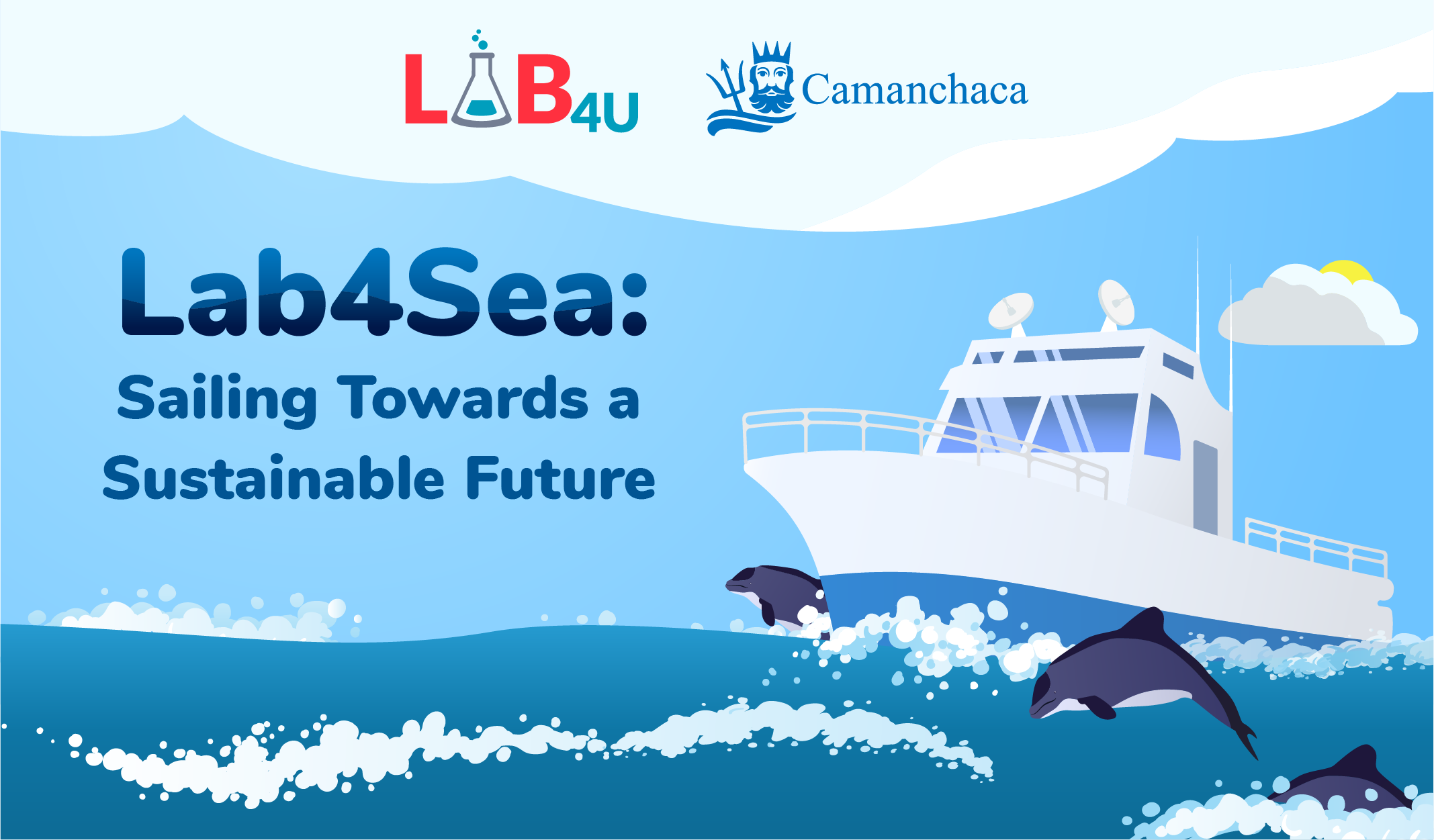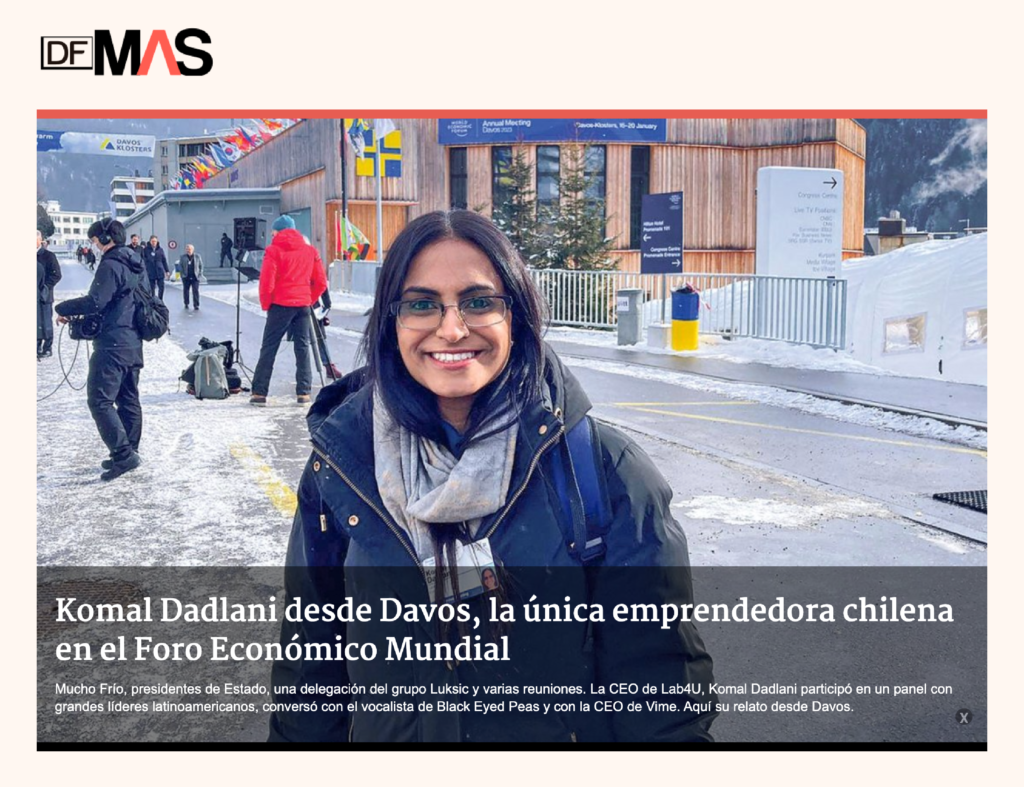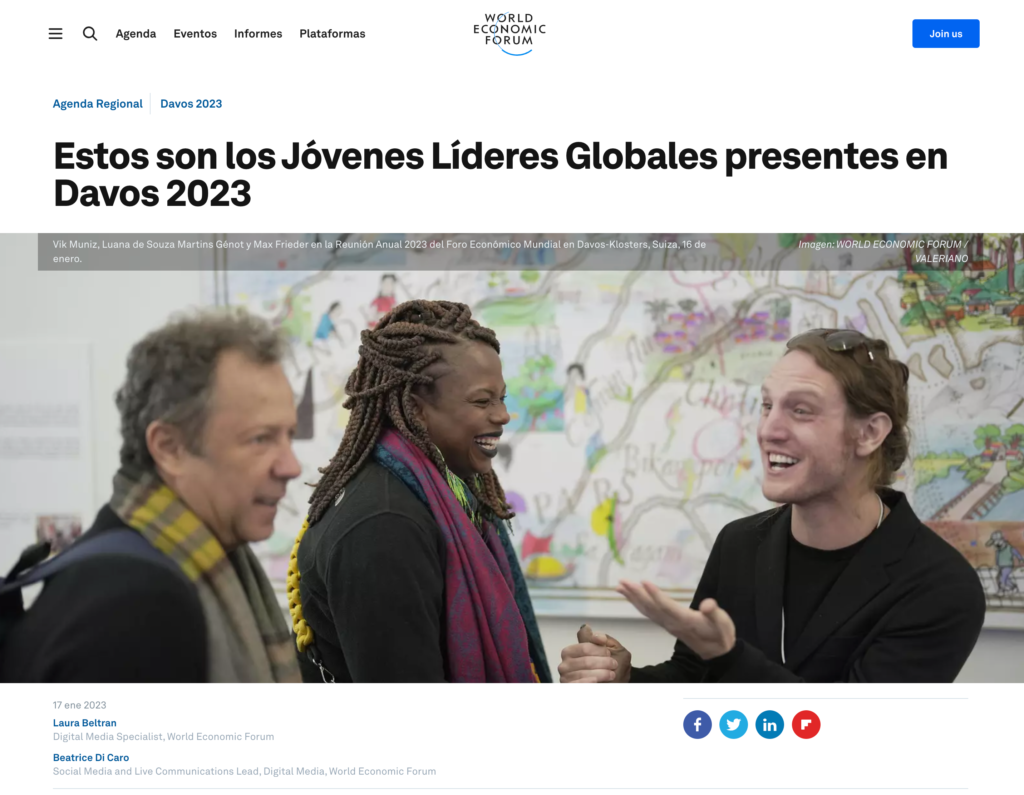Lab4U and Camanchaca are revolutionizing science education for four schools in the south of Chile by offering exciting experiments that allow students to dive in and learn about various aspects of the fishing industry.
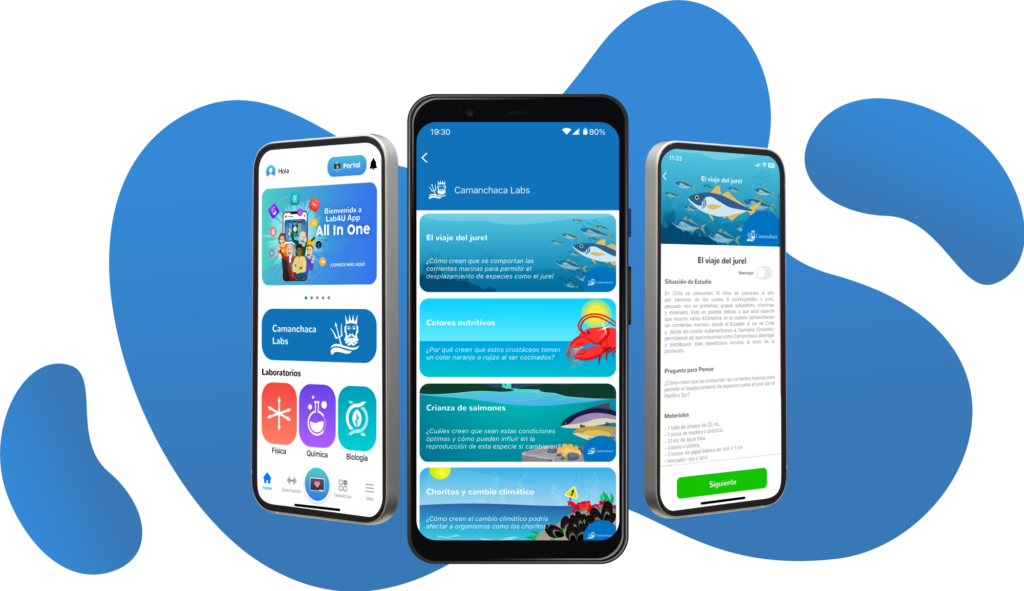
Education is an ever-evolving field, and in a world that’s rapidly shifting towards a science, technology, engineering, and mathematics (STEM)-driven economy. According to the United Nations’ projections, 75% of jobs will be STEM-related by 2050. Therefore, it’s crucial to equip the next generation with the skills that will be required by the 4.0 industry.
In this context, Lab4U and Camanchaca have come together to provide an innovative and transformative educational experience with the Lab4Sea program. It will support the California and Gabriela Mistral schools in Tomé, as well as the Víctor Domingo Silva school and the Liceo Yobilo in Coronel. The program includes teacher training in subjects like Science Assessment, Inquiry Methodology, Scientific Research Skills, and Female Empowerment in the Field of Sciences.
To complement the educator support, Lab4U has developed a series of four “Branded Experiments,” in collaboration with Camanchaca, that aim to introduce students and teachers to the fascinating world of the fishing industry. Through these experiences, students can explore various industry aspects and processes while gaining practical and valuable knowledge. It’s an immersion in science, technology, and sustainability; plus, it’s a look at how these elements combine to address sector challenges.
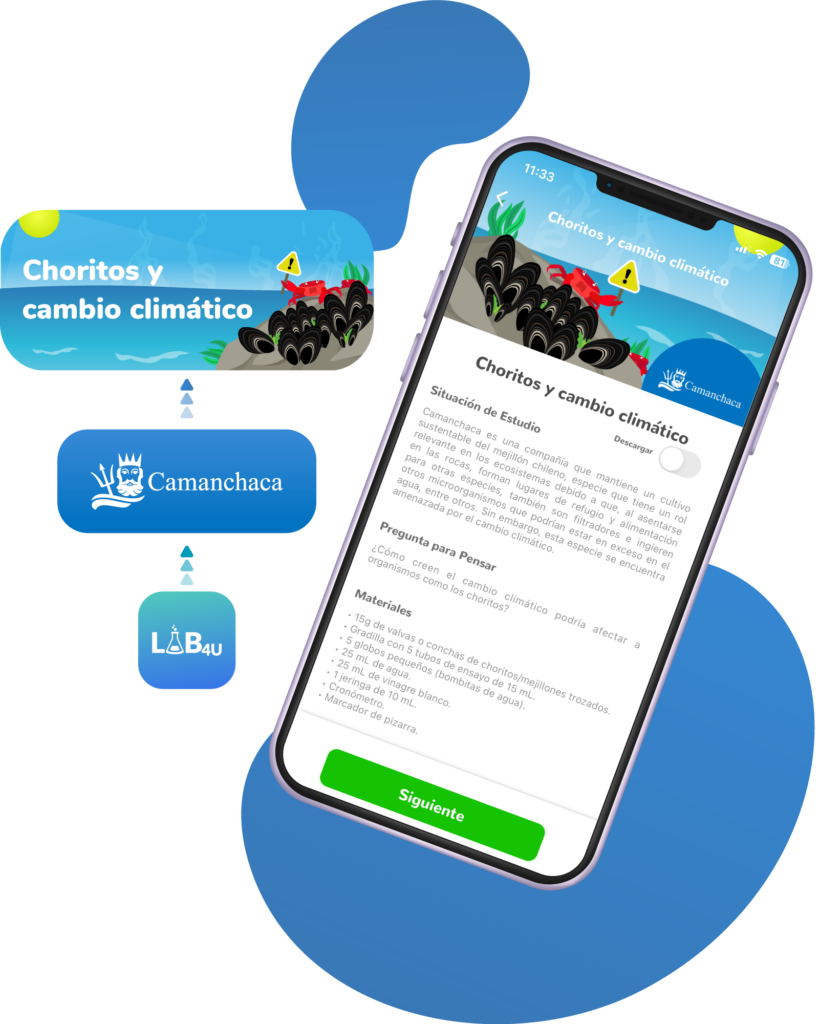
One of the experiments, “Mussels and Climate Change,” utilizes the students’ mobile device cameras to observe the impact of ocean acidification on marine biodiversity. This exercise not only educates, but raises awareness of, the challenges faced by marine species like the Chilean mussel. Furthermore, it aligns with Camanchaca’s commitment to the United Nations’ Sustainable Development Goals (SDGs). Camanchaca has received the Aquaculture Stewardship Council (ASC) certification, which recognizes measurable, positive change in global seafood farming.
Next, the “Nutrient Colors” experiment invites students to investigate the nutritional characteristics of crustaceans like shrimp, a resource distributed by Camanchaca in Chile. Through Lab4U’s logbook, students can explore the presence of pigments, like carotenoids, in these animals, offering a valuable lesson about the importance of a healthy diet.
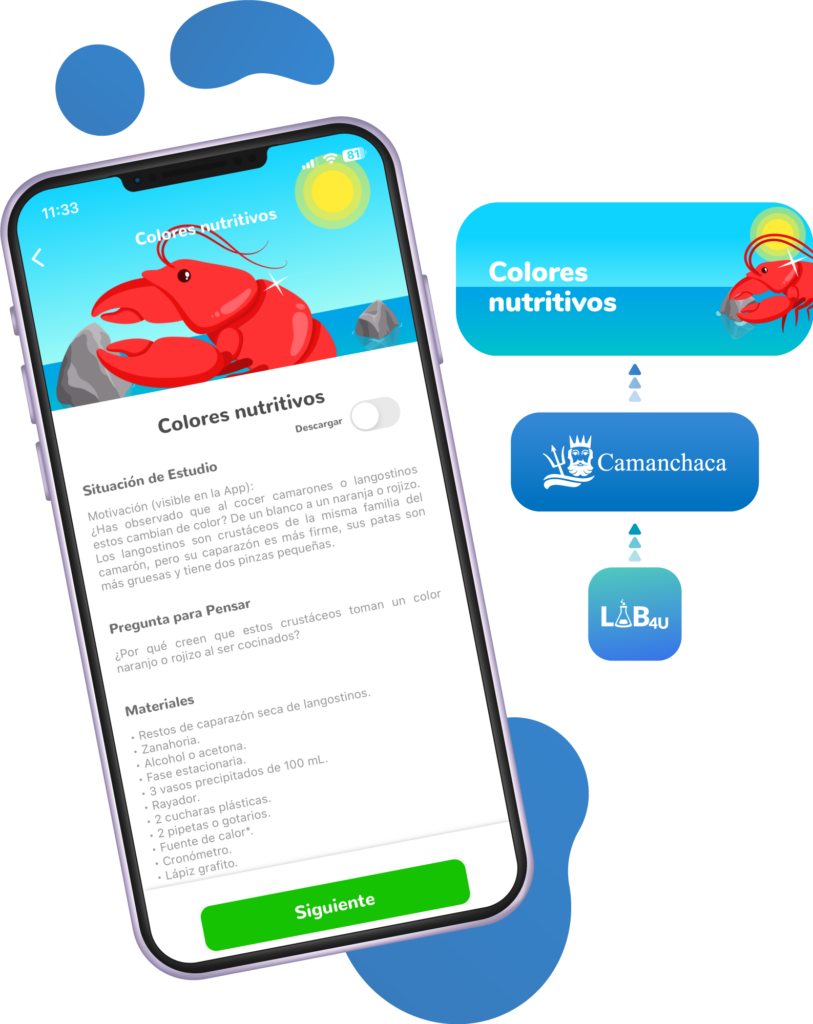
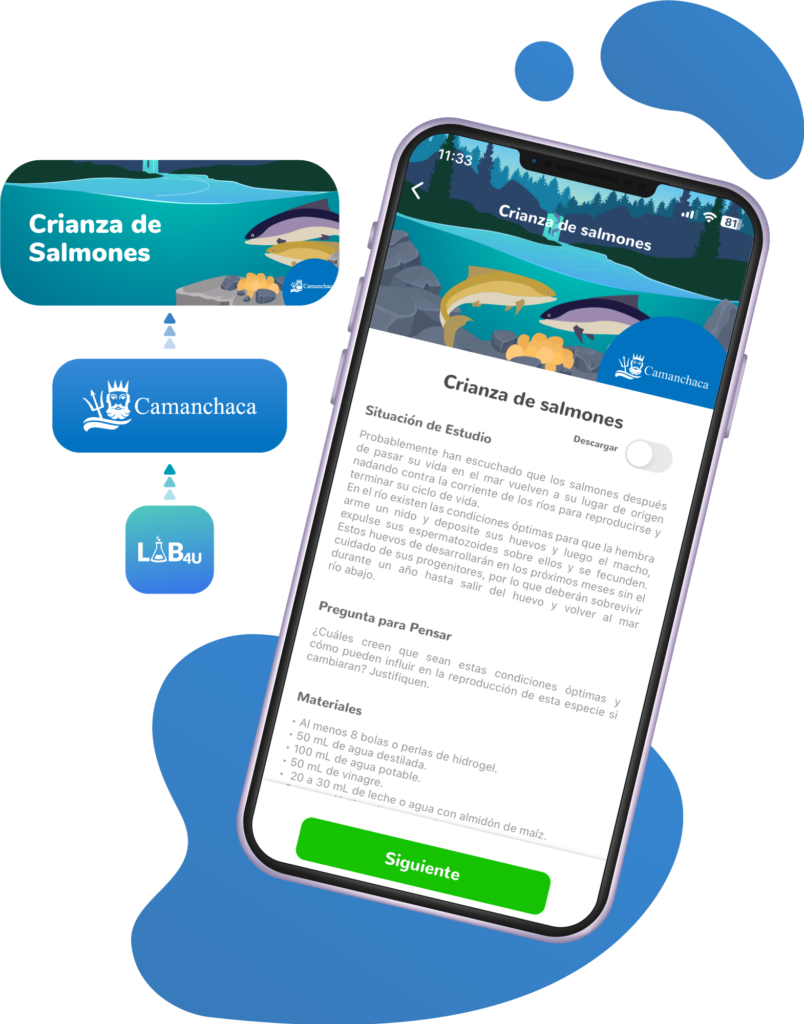
To delve deeper into the salmon industry, the “Salmon Farming” experiment provides a unique opportunity to explore the factors influencing salmon reproduction and embryonic development. The investigation uses salmon as a model of study, offering practical insights into one of Chile’s most significant industries.
Lastly, “The Journey of Jack Mackerel” takes students into the ocean’s currents, explaining how they influence the availability of the jack mackerel, a nutritious food source. It’s a high-protein, preservative-free, Omega-3-rich product from a sustainable fishing industry with ASC certification.
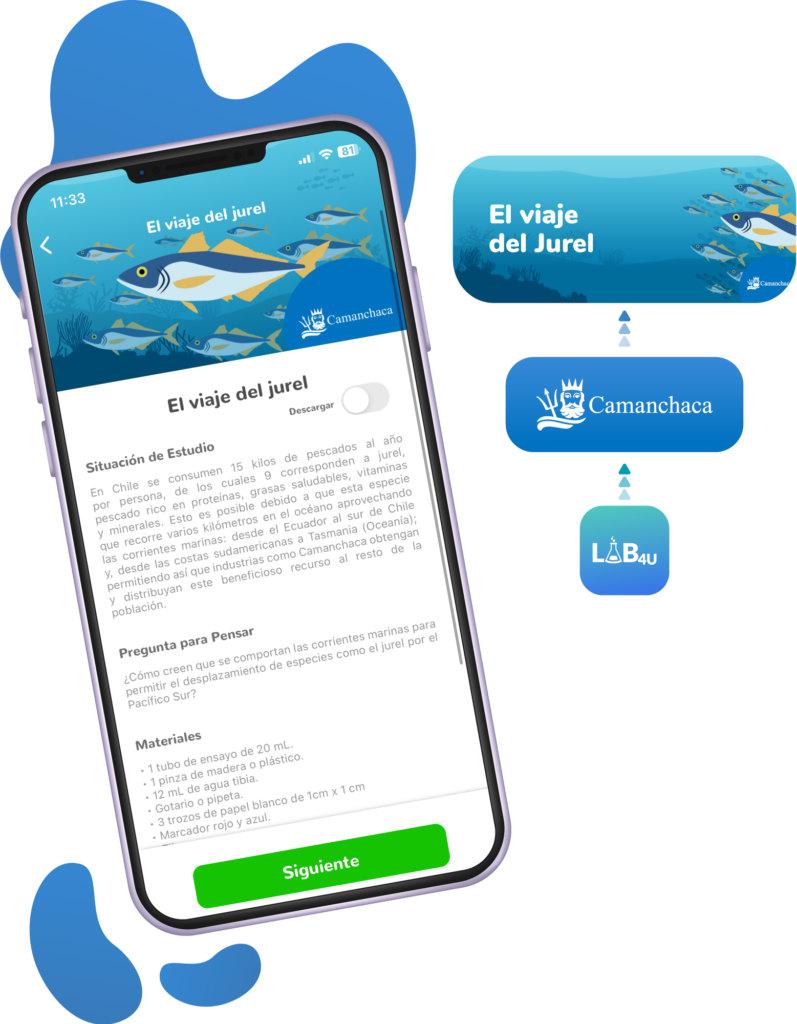
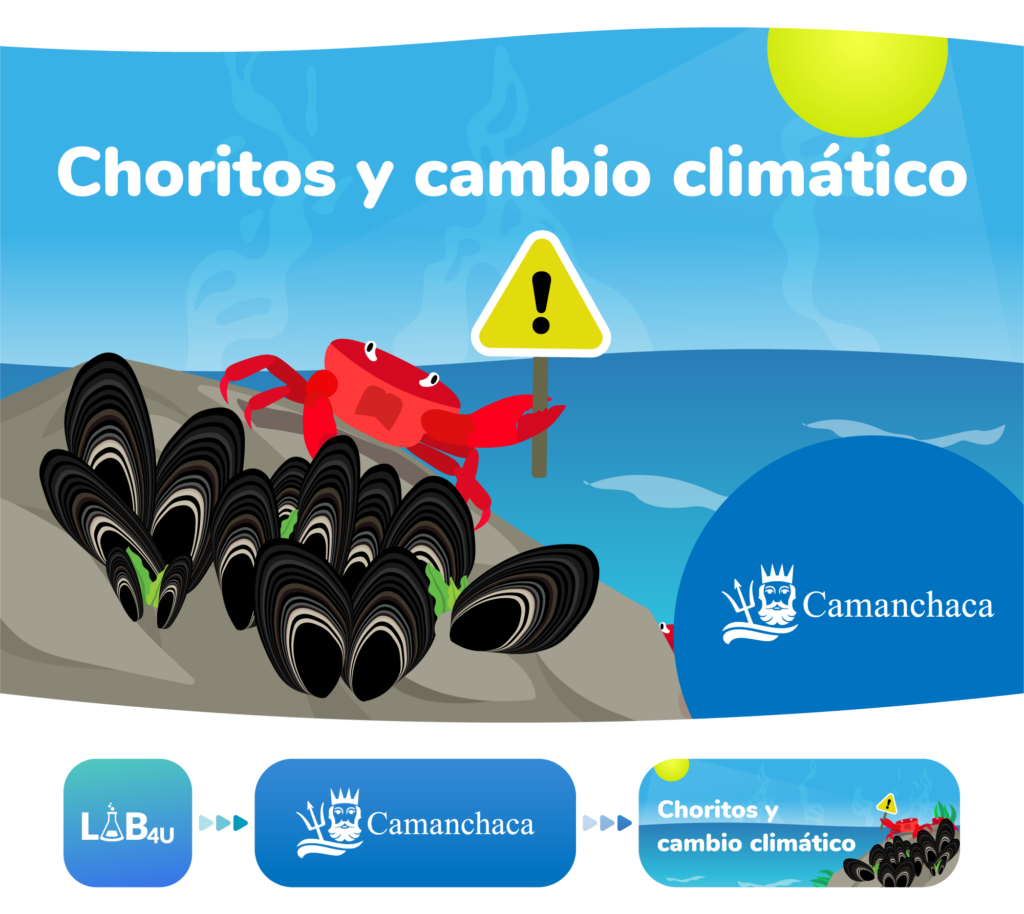
One of the experiments, “Mussels and Climate Change,” utilizes the students’ mobile device cameras to observe the impact of ocean acidification on marine biodiversity. This exercise not only educates, but raises awareness of, the challenges faced by marine species like the Chilean mussel. Furthermore, it aligns with Camanchaca’s commitment to the United Nations’ Sustainable Development Goals (SDGs). Camanchaca has received the Aquaculture Stewardship Council (ASC) certification, which recognizes measurable, positive change in global seafood farming.
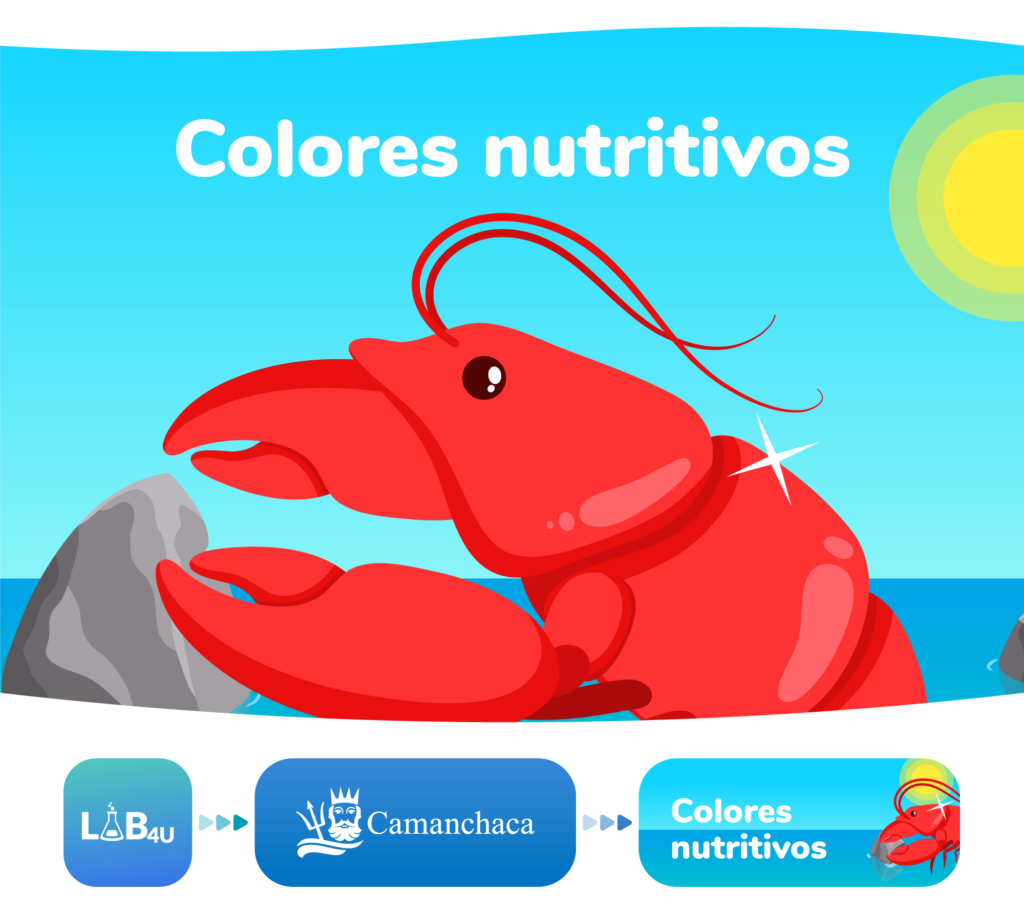
Next, the “Nutrient Colors” experiment invites students to investigate the nutritional characteristics of crustaceans like shrimp, a resource distributed by Camanchaca in Chile. Through Lab4U’s logbook, students can explore the presence of pigments, like carotenoids, in these animals, offering a valuable lesson about the importance of a healthy diet.
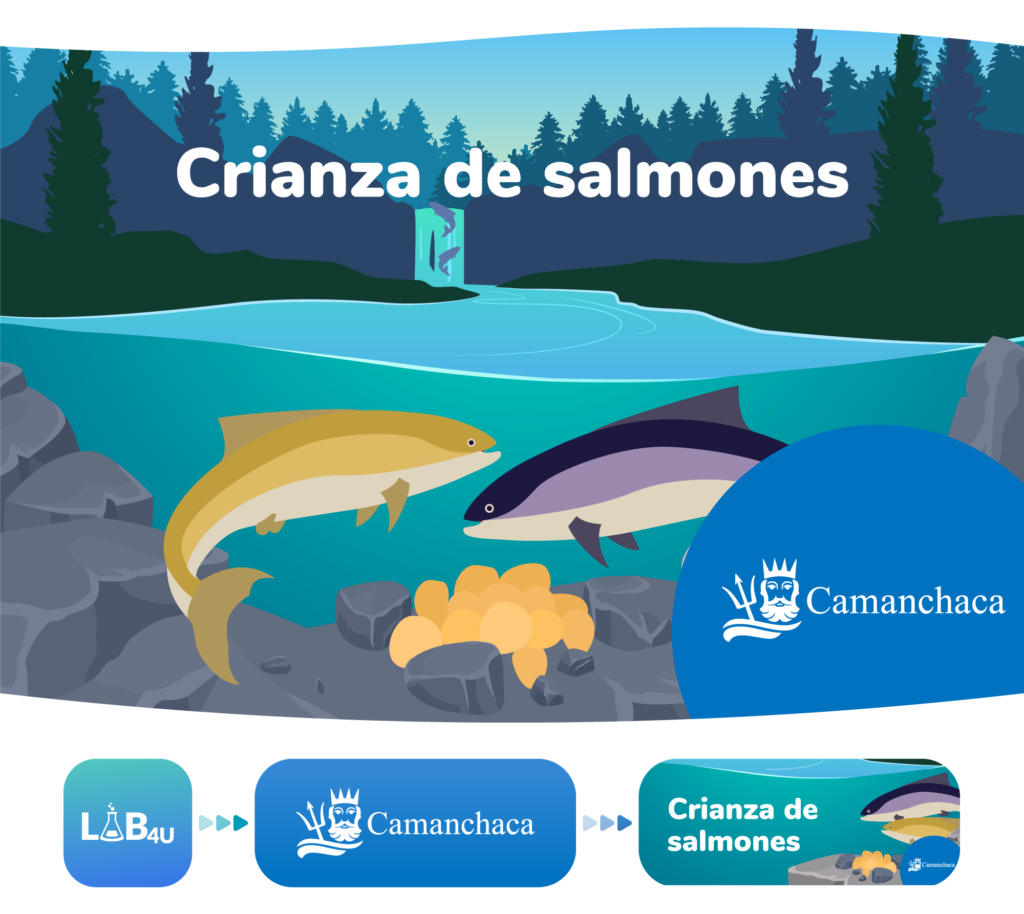
To delve deeper into the salmon industry, the “Salmon Farming” experiment provides a unique opportunity to explore the factors influencing salmon reproduction and embryonic development. The investigation uses salmon as a model of study, offering practical insights into one of Chile’s most significant industries.
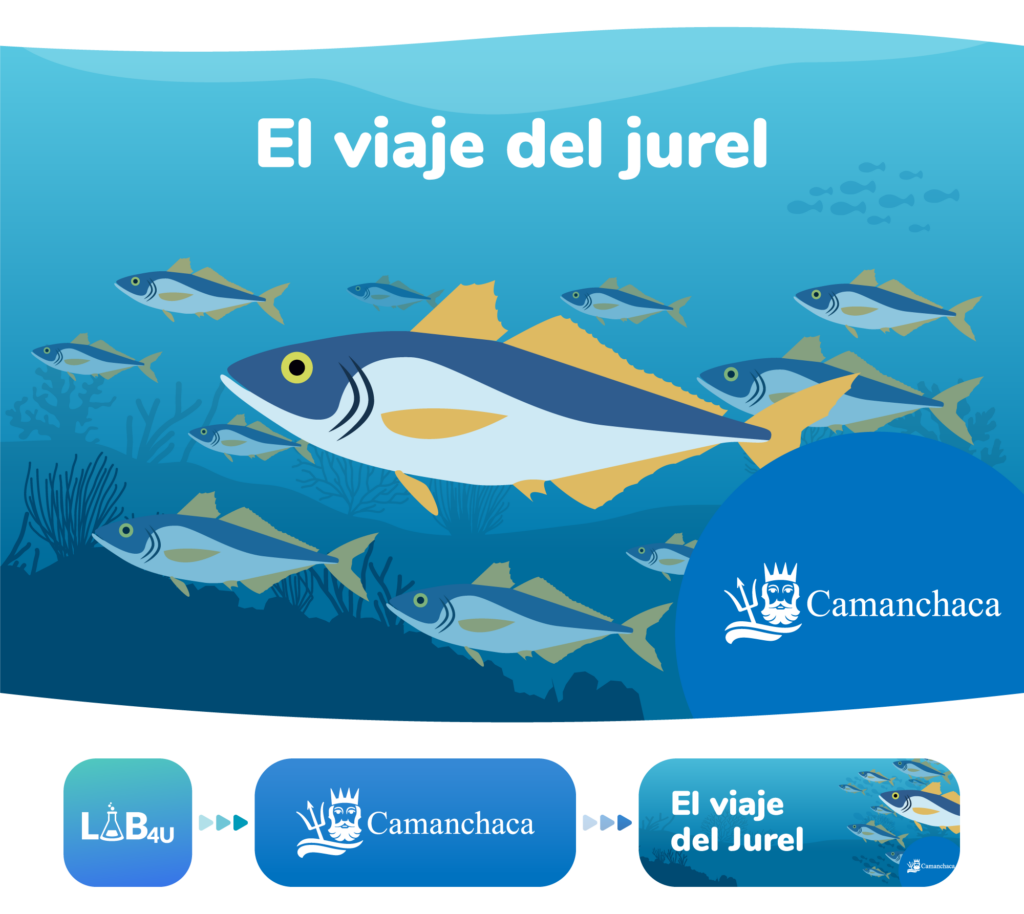
Lastly, “The Journey of Jack Mackerel” takes students into the ocean’s currents, explaining how they influence the availability of the jack mackerel, a nutritious food source. It’s a high-protein, preservative-free, Omega-3-rich product from a sustainable fishing industry with ASC certification.
Taken in sum, the Lab4Sea program is more than just an opportunity to learn about the fishing industry; it is also a deep, hands-on experience that prepares students for a STEM-based future and helps them identify the challenges of building a more environmentally conscious world. Using Lab4Sea, both teachers and students benefit from Lab4U and Camanchaca’s unique partnership, which promotes quality education and raises awareness about sustainability in the Chilean fishing industry.
Join this exciting learning journey!
Taken in sum, the Lab4Sea program is more than just an opportunity to learn about the fishing industry; it is also a deep, hands-on experience that prepares students for a STEM-based future and helps them identify the challenges of building a more environmentally conscious world. Using Lab4Sea, both teachers and students benefit from Lab4U and Camanchaca’s unique partnership, which promotes quality education and raises awareness about sustainability in the Chilean fishing industry.
Join this exciting learning journey!
